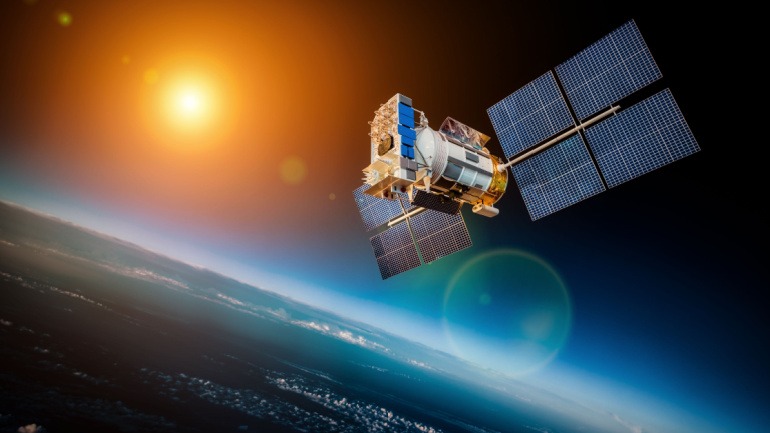Verizon has entered into a $100 million agreement with AST SpaceMobile to extend satellite coverage across the United States. This partnership aims to achieve 100% geographical coverage by utilizing the 850 MHz spectrum, particularly in areas lacking traditional terrestrial service.
SES has announced agreements with several regional satellite network operators to create the SES Open Orbits™ Inflight Connectivity (IFC) Network, promising seamless connectivity services to airlines globally. This innovative Ka-band platform will integrate SES’s geostationary earth orbit (GEO) and medium earth orbit (MEO) satellite networks with those of NEO Space Group (NSG) from Saudi Arabia, AeroSat Link (ASL) from China, and Hughes Communications India (HCI).
Luxembourg-based satellite operator SES has revealed plans to purchase rival Intelsat in a landmark deal worth €2.8 billion. The move, unanimously approved by the boards of both companies, is set to create a formidable multi-orbit operator poised for expanded global coverage and innovation.
Bridging the digital divide in vast and harsh terrains like the Scottish Highlands, VMO2 embarks on a novel approach, utilizing a constellation of Low Earth Orbit satellites from Starlink for critical backhaul services. Bypassing conventional, costly terrestrial infrastructure, VMO2’s tests have proven the potency of satellite technology in improving coverage across the UK.
In an ambitious move to enhance mobile connectivity across Japan, Rakuten Mobile has announced its plan to offer satellite-to-mobile services by 2026, partnering with AST SpaceMobile. This initiative aims to leverage AST SpaceMobile’s space-based cellular broadband network, enabling direct access to smartphones for text messaging, voice, and data services.
In a significant development for remote connectivity, Telstra, the Australian telecom giant, has initiated the transition of its remote mobile sites to the low Earth orbit (LEO) satellite network provided by Eutelsat OneWeb. This move marks a departure from the traditional geostationary (GEO) satellites, aimed at reducing latency issues and meeting the growing demand for real-time services among customers.
Singtel ramps up its maritime digital services by integrating the innovative satellite technology from Starlink. This breakthrough aims to inspire ship operators into adopting digital solutions such as AI, 5G, edge computing, and cloud-based technologies for improved operational efficiency and safety measures. Starlink, a first-of-its-kind low Earth orbit broadband service included in Singtel’s comprehensive iSHIP offerings, offers enhanced connectivity and reduced latency.
Iridium, taking the telecommunications industry by storm, aims to connect satellites directly to devices such as smartphones and automobiles through their Low-Earth Orbit (LEO) satellite infrastructure tightly woven on 5G. The key feature here is connecting ordinary smartphones straight to satellite connectivity.
In a strategic move aimed at bolstering Norway’s space capabilities, Telenor Norway has successfully concluded the sale of its satellite business to Space Norway for a staggering NOK 2.36 billion ($228 million). The transaction, which received approval from the Norwegian Parliament just before Christmas, marks a significant shift in ownership of Telenor Satellite, a leading European provider of satellite TV broadcast and VSAT data communications services for maritime and land-based sectors.
Marlink has teamed up with Eutelsat OneWeb to bring satellite connectivity to the luxury icebreaker cruise ship, Le Commandant Charcot. Their innovative hybrid network enhances both operationally and leisurely experiences, using layered, encrypted technology for robust security. Remarkably, it allows for separate crew and operational systems on one terminal and ensures unprecedented internet access in remote locations.













